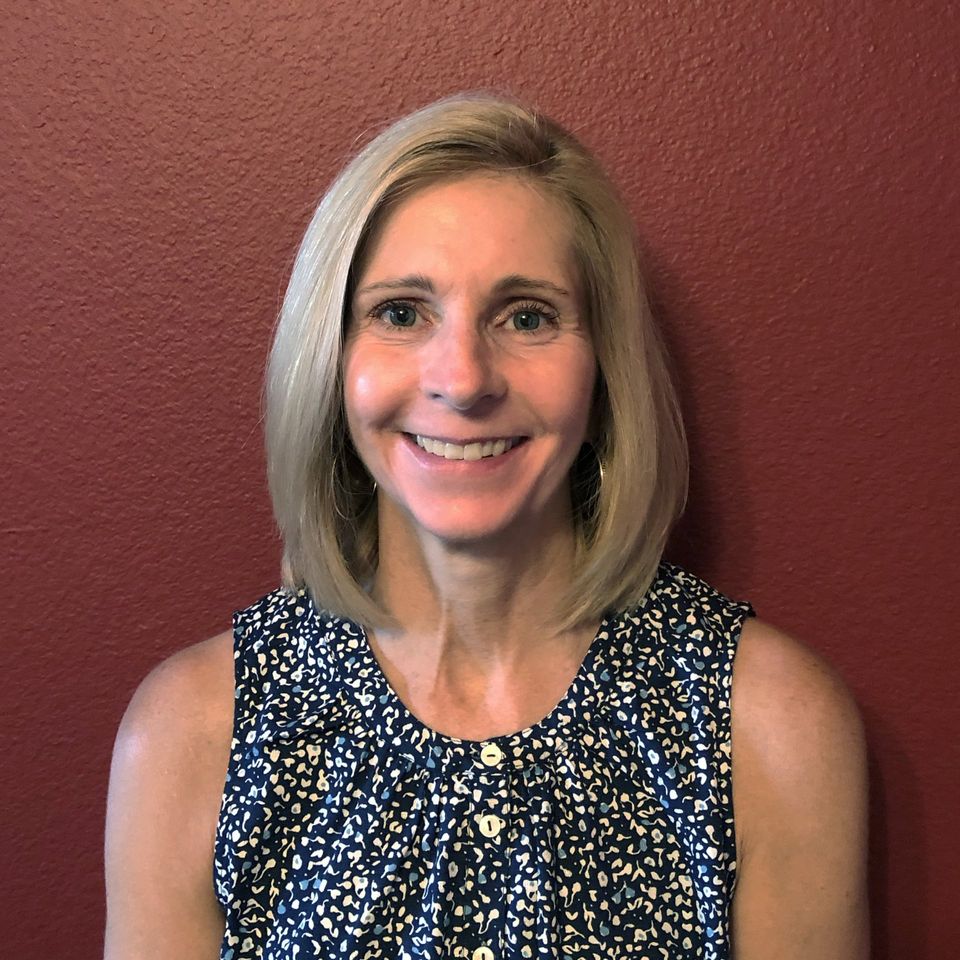Advocate Spotlight: Beth Morse
July Advocate Interview

1. How long have you been an Advocate and when did you realize you wanted to become one?
I’ve been an Advocate since May 2008. It’s hard to believe it’s been 12 years! I was a stay-at-home Mom at the time and realized that my boys, ages 14 and 10, weren’t needing me as much. I had seen the CASA banner displayed over area streets for many years and decided to inquire about it. I had the time and the talent (my background is in child and family development) to advocate for children in need.
2. What is the most rewarding aspect of being an Advocate?
The most rewarding aspect of being an Advocate is thinking that you’ve made a positive impact on a child and having that impact confirmed by the caregiver. About a year ago I crossed paths with the grandmother who adopted her grandson (the child on my case). He was 10 years old when the case was closed. She immediately recognized me and called me by name. She told me that her grandson, now 16 years old, was doing well in school, was on the football team, was off all of his meds, and was featured in an article about his basketball team in Sports Illustrated. She thanked me for helping her adopt her grandson and told me they thought of me often.
3. If you could offer words of encouragement to your fellow and incoming Advocates, what would they be?
The skill I’ve learned over these years and would like other Advocates to know is the importance of being adaptable. Just when we think we know the outcome of the case, something happens: a relative comes out of the woodwork, a placement breaks down, a parent tests positive. That’s when we, as Advocates, need to go to plan B or C or D; always keeping in mind what is in the best interest of the child(ren). Being adaptable is also vital when dealing with the various parties of the case. Circumstances can change, sometimes quickly, on our cases and we need to be ready for those changes.

In November 2025, Child Protective Services received a referral involving two sisters, ages 13 and 14, who were found caring for themselves. Following the death of their father, the girls experienced ongoing abuse and neglect. They were living in unsafe and unsanitary conditions, frequently left alone without adequate food, functioning plumbing, or consistent supervision, and were exposed to strangers regularly coming in and out of the home. Shortly after removal, Tameka Woolfolk was appointed as the Advocate on the case. From the very beginning, Tameka became one of the few consistent and reliable adults in the girls’ lives. The children experienced and continue to endure placement changes. These frequent transitions created ongoing instability and further complicated the girls’ ability to heal and adjust. Throughout each move, Tameka remained steadily involved, working diligently to ensure that the children’s services and support continued without interruption. She supports the girls not only emotionally, but physically as well helping pack their belongings at each move, accompanying them during school tours, and remaining readily available whenever they need support. Neither child was initially aware that they had the right to speak directly with the judge. Tameka recognized the importance of their voices being heard and with the support of the Ad Litem, helped to facilitate their presence at court, requesting that the judge meet with the girls in a breakout room, so they could personally express their wishes, all with the department, CASA and the Ad Litem by their side. In addition, this case was referred to Collaborative Family Engagement (CFE). During CASA’s ongoing exploration for family connections alongside the Department, Tameka discovered the children’s father’s obituary. Through this discovery, it was learned that the girls’ father had served in the United States Army as a combat medic during the Vietnam War and later worked for 30 years in civil service. Tameka took the initiative to request documentation, including VA records and a death certificate, to determine whether the children might be eligible for survivor benefits. The obituary also revealed that the girls are two of fourteen siblings. While many of the siblings were unable to provide support, CASA and the Department were able to establish contact with one brother. Through Tameka’s strong collaborative relationship with the Department and the Attorney Ad Litem, a thoughtful and appropriate plan was developed to allow the girls to begin visits with their brother, his wife, and their cousins. Although this story is still unfolding, both girls know one unwavering belief, that no matter what comes next, they know that Miss Tameka will continue to stand beside them every step of the way.







